Breastfeeding is a deeply personal choice, but making an informed decision is crucial for both mother and baby. Whether you choose to breastfeed or opt for alternative feeding methods, access to the right information and support is essential. If you decide to breastfeed, both you and your child can benefit from numerous scientifically proven health advantages.
Health Benefits of Breastfeeding for Mothers
Pregnancy and childbirth bring profound physical and emotional changes, and breastfeeding plays a key role in postnatal recovery. Research highlights several advantages for nursing mothers:
- Aids Postpartum Weight Loss
Breastfeeding naturally burns extra calories, helping mothers shed pregnancy weight more effectively. Additionally, lactation triggers uterine contractions, aiding the uterus in returning to its pre-pregnancy size.
- Accelerates Uterine Recovery
During pregnancy, the uterus expands dramatically. After childbirth, breastfeeding stimulates the release of oxytocin, a hormone that promotes uterine contraction and reduces postpartum bleeding. Studies confirm that breastfeeding mothers experience faster uterine involution than those who do not breastfeed.
- Delays Menstruation and Natural Birth Spacing
Exclusive breastfeeding can suppress ovulation and delay the return of menstrual cycles, a natural mechanism that helps space pregnancies. While not a foolproof contraceptive method, this hormonal effect can be an added advantage.
- Lowers Breast Cancer Risk
Research indicates that prolonged breastfeeding is linked to a lower risk of breast cancer. Reduced exposure to oestrogen through fewer menstrual cycles and enhanced cellular protection against mutations are contributing factors.
- Economical and Convenient
Breastfeeding eliminates the need for costly infant formulas, sterilized bottles, and preparation time. It is always available, at the right temperature, and packed with essential nutrients tailored to your baby’s needs.
- Reduces Risk of Postpartum Depression (PPD)
Studies suggest that breastfeeding may lower the risk of postpartum depression (PPD) by promoting hormonal balance and emotional bonding. However, mothers experiencing symptoms like insomnia, appetite loss, irritability, or difficulty bonding with the baby should seek medical help promptly.
Health Benefits of Breastfeeding for Babies
Breastfeeding is nature’s perfect nutrition,easy to digest for the new born and tailored to meet an infant’s developmental needs. Its benefits extend beyond basic nourishment, influencing physical and cognitive health.
- Strengthens Bone Development
Research suggests that children breastfed for at least three months exhibit greater bone density in the spine and neck by age eight compared to those who were not breastfed or were breastfed for a shorter duration.
- Supports Healthy Cholesterol Levels
Breast milk is naturally rich in cholesterol, which plays a crucial role in brain development and metabolic programming. Studies show that breastfed infants have a lower risk of high cholesterol-related issues later in life.
- Reduces Obesity Risk
Breastfeeding influences long-term metabolism by regulating leptin, a hormone that helps control appetite and fat storage. Additionally, breastfed babies tend to have lower insulin levels, reducing the risk of childhood obesity.
- Strengthens Immunity
Breast milk is packed with antibodies, white blood cells, and immune-boosting factors that protect against infections. These benefits extend even after weaning, providing lifelong health advantages.
- Lowers Allergy Risk
Breastfeeding is linked to a reduced risk of allergic conditions such as atopic dermatitis and allergic rhinitis. Studies show that exclusive breastfeeding for at least six months significantly lowers the likelihood of developing allergies.Breastfeeding is a powerful way to nurture your baby, support postpartum recovery, and promote long-term health. If challenges arise, consulting a lactation expert or gynecologist can provide guidance tailored to your unique needs. Every mother’s journey is different, and the most important factor is making an informed decision that prioritizes both maternal and infant well-being.





